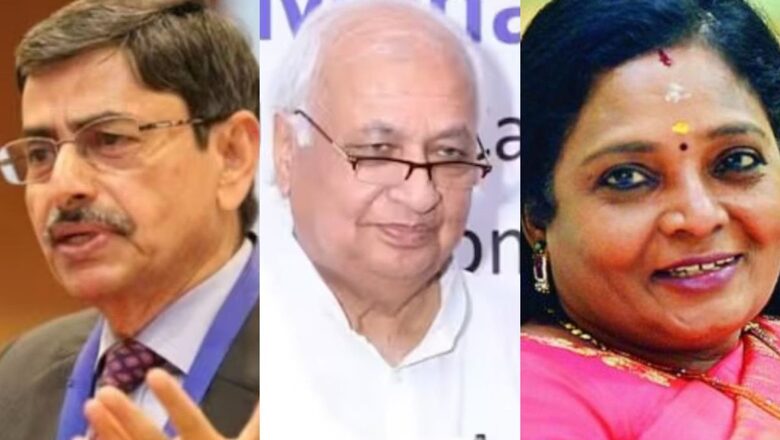
views
Governors and the ruling dispensation clashed even more in three non-BJP-ruled southern states, with Tamil Nadu seeking the recall of R N Ravi, Kerala proposing the ordinance route to replace Arif Mohammed Khan as Chancellor of state universities, and Tamilisai Soundararajan raising concerns about her phone being tapped in Telangana.
While the Telangana Governor claimed a “undemocratic” situation in TRS-ruled Telangana, the ruling DMK and its allies told President Droupadi Murmu that Ravi’s actions were unbecoming of those in the gubernatorial post and called for his resignation. The ruling LDF in Kerala, which has had several run-ins with Governor Khan, said it has decided to issue an ordinance to replace the Governor as Chancellor of the state’s universities and appoint eminent academicians to that post, a move opposed by both the Congress and the BJP.
Amid this friction, News18 explains how a governor is appointed, his powers and how he can be sacked:
The Governor and His Appointment, Removal?
A Governor is appointed by the President and serves “during the pleasure of the President,” according to Articles 155 and 156 of the Constitution. If the Governor’s pleasure is withdrawn before the end of his five-year term, he must resign. Because the President works with the Prime Minister and the Council of Ministers, the Governor can be appointed and removed by the central government.
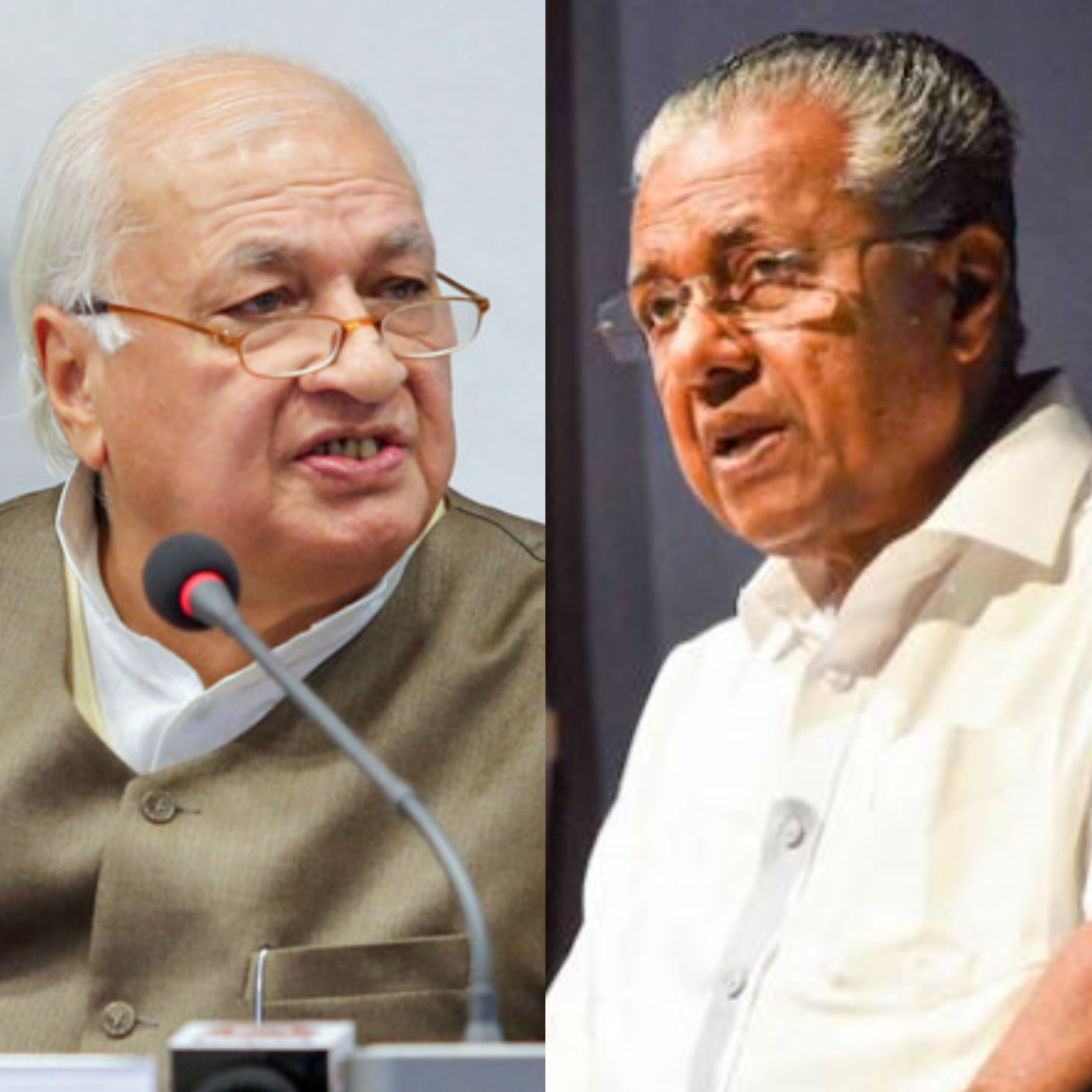
As a result, a Governor represents the Union government in the states. According to Article 163 of the Constitution, the Governor will normally be assisted and advised by the Council of Ministers, except in functions requiring his discretion.
While the Governor’s duties and responsibilities are limited to a single state, no provision exists for impeaching the Governor.
What is the Pleasure Doctrine?
The pleasure doctrine is a concept derived from English common law that states that the crown can refuse to employ anyone at any time. According to Article 310 of the Indian Constitution, every person in the Union’s defence or civil service serves at the pleasure of the President, and every member of the civil service in the States serves at the pleasure of the Governor. Article 311, on the other hand, limits the removal of a civil servant. It guarantees civil servants a reasonable opportunity to be heard on the charges levelled against them.
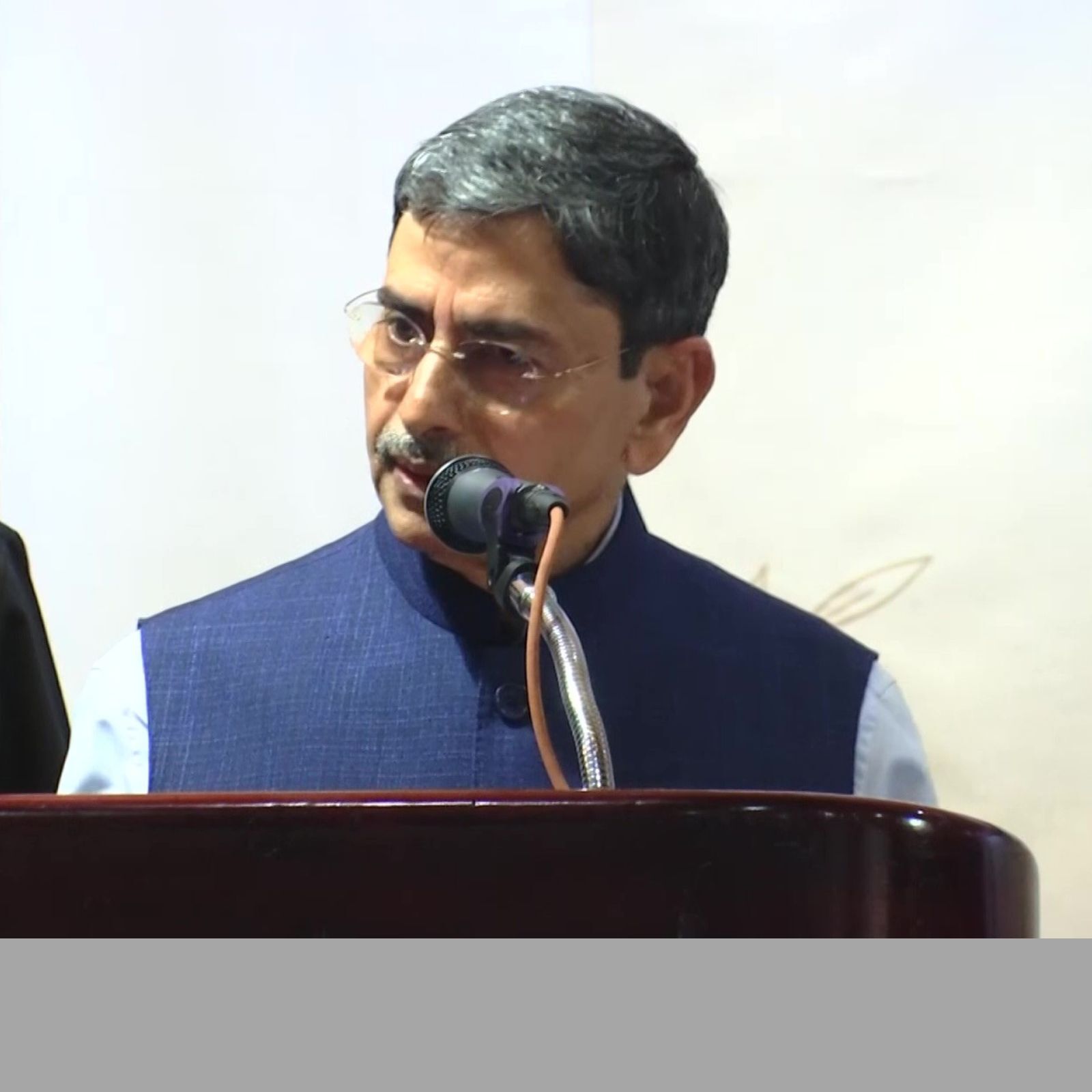
There is also a provision that allows the inquiry to be cancelled if it is not feasible to hold one or if it is not necessary in the interest of national security. According to Article 164, the Governor appoints the Chief Minister (CM), and the Governor appoints the other Ministers on the advice of the CM. It goes on to say that Ministers serve at the Governor’s pleasure. In a constitutional scheme in which they are appointed solely on the advice of the CM, the ‘pleasure’ referred to also refers to the CM’s right to dismiss a Minister rather than the Governor’s. In short, an Indian State Governor cannot remove a Minister on his own.
A State Govt-Governor Tussle
Although envisioned as an apolitical head who must act on the advice of the council of ministers, the Governor has certain constitutional powers, such as giving or withholding assent to a Bill passed by the state legislature, assenting to the convening of the state legislative assembly, determining the time required for a party to prove its majority, and which party must be called first to do so, generally after a hung verdict in an election.
There are no provisions in the Constitution governing how the Governor and the state must engage in public debate when they disagree. Respect for each other’s boundaries has traditionally guided the management of differences.
What SC Has Said
Shamsher Singh and others vs. the State of Punjab (1974): In this case, a seven-judge Supreme Court Constitution Bench ruled that the President and Governor, as custodians of all executive and other powers under various Articles, shall exercise their formal constitutional powers only on the advice of their Ministers, except in a few well-known exceptional situations.
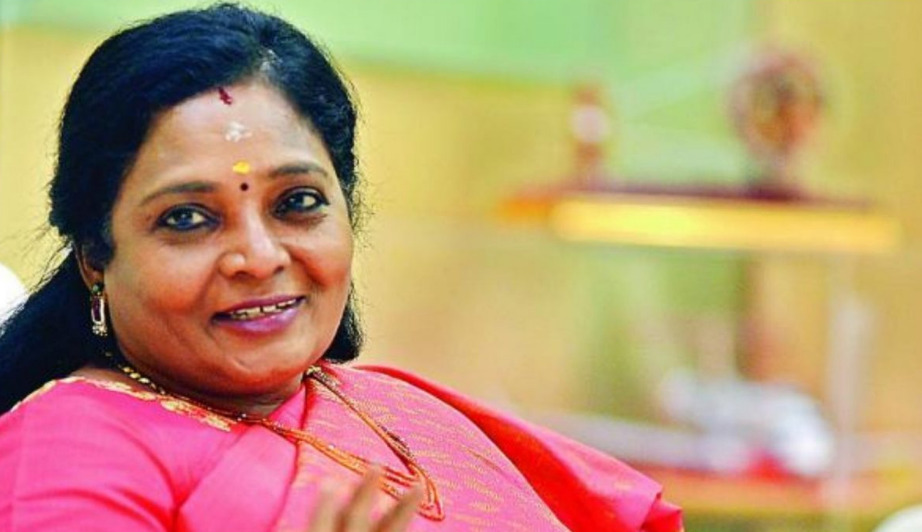
Nabam Rebia And Etc. vs Deputy Speaker And Ors (2016): The Supreme Court cited B R Ambedkar’s observations in this case: “The Governor under the Constitution has no function which he can discharge by himself; no functions at all.” While he has no functions, he does have certain duties to fulfil, and the House should keep this distinction in mind.” The apex court also ruled that Article 163 of the Constitution does not grant the Governor broad discretion to act against or without the advice of his Council of Ministers.
The Supreme Court expanded on the pleasure doctrine in BP Singhal vs Union of India (2010). It maintained that “no limitations or restrictions are placed on the ‘at pleasure’ doctrine,” but that this “does not dispense with the need for a cause for withdrawal of the pleasure.”
Read all the Latest Explainers here














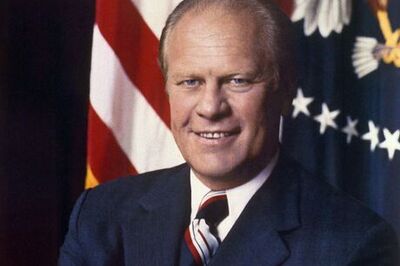



Comments
0 comment